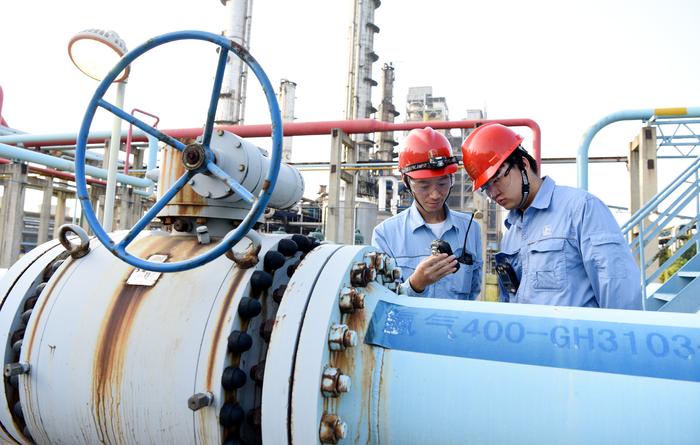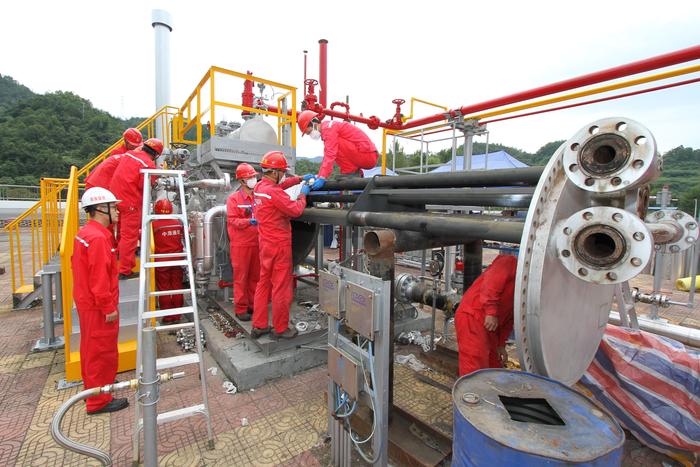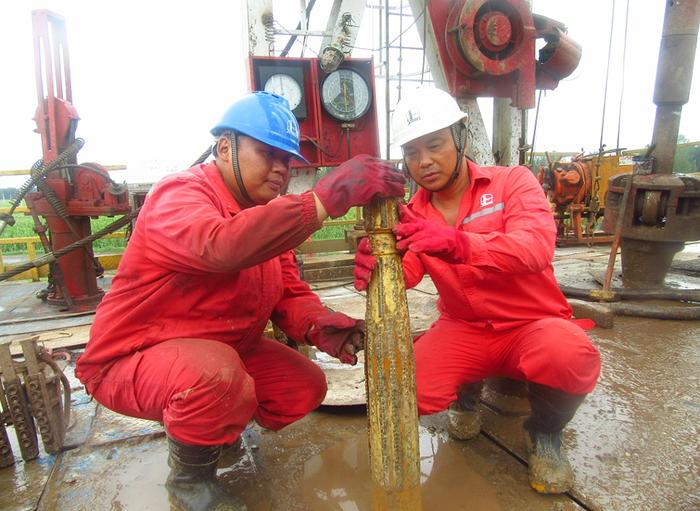|
| 2019-08-12 来源: 中国石化新闻网 |
| 石化新闻 |
|
中国石化新闻网讯 据烃加工在线8月9日消息称,与其它油气行业相比,上游行业正在见证工业互联网的大量应用。GlobalData表示,这是由于需要通过数字化降低运营风险,并将资产回报率最大化。 该公司最新的专题报告《油气工业互联网》表明,采用工业互联网将使企业能够实现油田运营的数字化,并创建数字孪生,以降低风险,优化业绩。 工业互联网有可能改变传统流程和工作流程,并提高石油和天然气公司的技术能力。这可以帮助他们实现两个主要目标:首先,公司将能够克服运营挑战,同时冒险进入寻找碳氢化合物资源的新领域; 第二,工业互联网的采用将提高生产力和效率,从而在充满挑战的环境中增强市场竞争力。 GlobalData的石油和天然气分析师Ravindra Puranik评论道:“总体而言,采用工业互联网将使企业更具活力,更能适应外部因素。预计这一概念将在不同市场情景下的项目模拟和建模、优化库存水平、需求预测、决策支持和物流优化,以及为组织设定长期目标方面发挥核心作用。” 近来,数字技术的应用激增,这在很大程度上是对原油价格暴跌的反应。然而,公司在实现这种转换和确保通过工业互联网实现最大可能的价值方面一直非常有条理。 Puranik解释说:“这在数字孪生的情况下尤其明显,公司选择了最近投产或即将投产的油田,以便集成先进的传感器和与油田基础设施的连接,进行远程监测和分析。为了强调这样一个例子,英国石油公司在北海的克莱尔岭项目创建了一个数字孪生体,该项目于2018年开始生产石油。沃利帕森斯协助该公司创建了该领域的数字复制品。” GlobalData的专题研究发现,石油和天然气公司,如英国石油公司、壳牌公司、雪佛龙公司、埃克森美孚公司、康菲公司、俄罗斯天然气工业公司、雷普索尔公司、Equinor公司、沙特阿美公司、中石化公司和ADNOC公司,是油气行业采用工业互联网应用的主要参与者。这些公司得到了微软、IBM、亚马逊、PTC、思科和英特尔等技术提供商的协助,这些技术提供商逐渐在为石油和天然气行业提供工业互联网解决方案方面占据领先地位。 曹海斌 摘译自 烃加工在线 原文如下: Upstream sector becoming the epicentre of Industrial Internet adoption The upstream sector is witnessing considerably more implementations of the Industrial Internet compared to other oil and gas sectors. This is driven by the need to reduce operational risks and maximising returns from their assets through digitialisation, according to GlobalData. The company’s latest thematic report: ‘Industrial Internet in Oil & Gas’ reveals that the adoption of the Industrial Internet would enable companies in digitalising oilfield operations and creating digital twins to reduce risks and optimise performance. Industrial Internet has the potential to transform traditional processes and workflows and boost the technological capabilities of oil and gas firms. This could help them achieve two primary objectives: firstly, companies would be able to overcome operational challenges while venturing into new frontiers in search of hydrocarbon resources; and secondly, Industrial Internet adoption will improve productivity and efficiency, thereby strengthening market competitiveness in a challenging environment. Ravindra Puranik, Oil & Gas Analyst at GlobalData, commented: “In general, adoption of the Industrial Internet would make organisations more dynamic and adaptable to external factors. This concept is expected to play a central role in simulation and modelling of projects against different market scenarios, optimising inventory levels, demand forecasting, decision support, and logistics optimisation, and setting up long-term objectives for an organisation.” Adoption of digital technologies has surged of late, largely as a reaction to the crash in crude oil prices. However, companies have been quite methodical in their approach to enable this transformation and ensuring maximum possible value can be derived through Industrial Internet implementations. Puranik explained: “This is particularly evident in the case of digital twins, wherein companies have chosen fields that have recently entered into production or are on the verge, to allow for the integration of advanced sensors and connectivity with oilfield infrastructure for remote monitoring and analysis. To highlight one such instance, BP created a digital twin at the Claire Ridge project in the North Sea, which started producing oil in 2018. The company was assisted by WorleyParsons in the creation of a digital replica of the field.” GlobalData’s thematic research identifies oil and gas companies, such as BP, Shell, Chevron, ExxonMobil, ConocoPhillips, Gazprom, Repsol, Equinor, Saudi Aramco, Sinopec, and ADNOC as the major players in the adoption of the Industrial Internet theme in the oil and gas industry. These companies are adeptly assisted by technology providers, such as Microsoft, IBM, Amazon, PTC, Cisco and Intel, which are gradually assuming leadership in delivering Industrial Internet solutions to the oil and gas industry.
|








